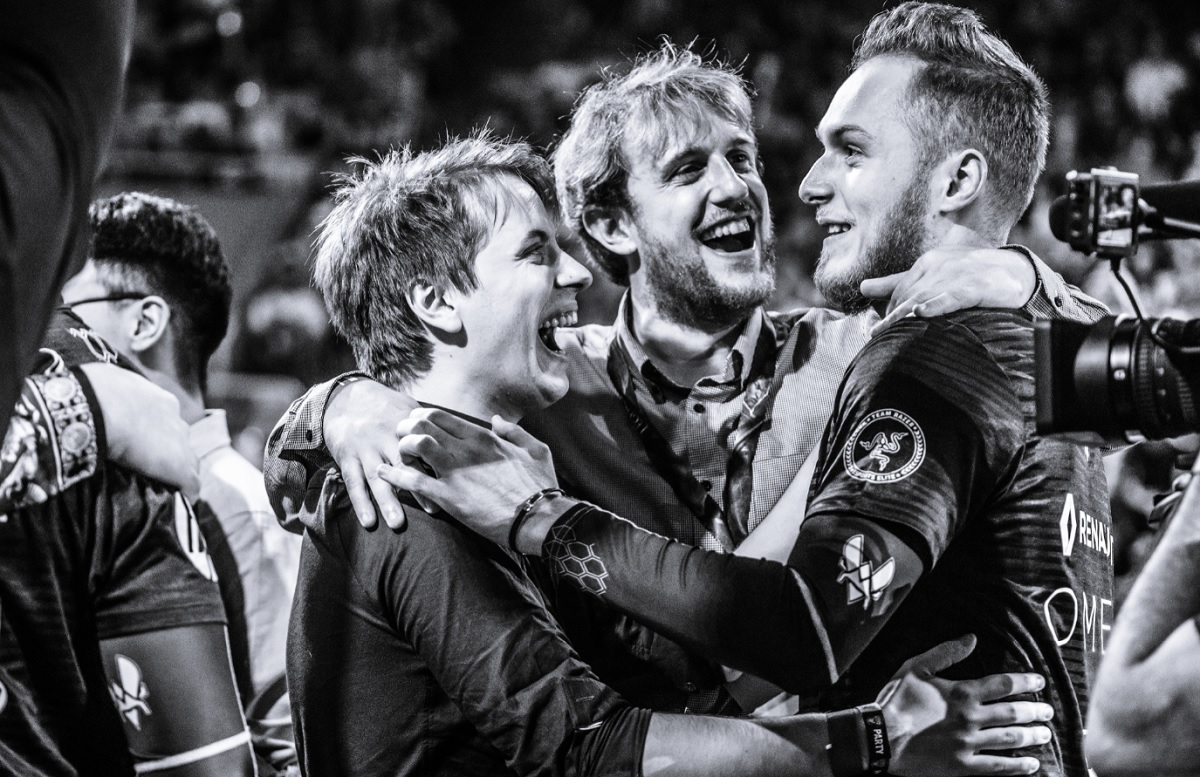A couple of weeks ago, European esports organization Team Vitality has raised €20 million, or $22.7 million, in an investment from entrepreneur Tej Kohli. That was part of a larger commitment by Kohli, through his Rewired GG fund, to invest €50 million, or $57 million, in esports startups.
Team Vitality said it believes the investment was the largest ever for a European esports team. You could say the sector is hot now, as market researcher Newzoo expects the business of esports to reach $1.7 billion in revenue by 2021. Kohli’s bet, shared by Team Vitality’s cofounder Fabien Devide, is that Europe’s esports sector will eventually rival Asian and North American esports markets.

Unlock premium content and VIP community perks with GB M A X!
Join now to enjoy our free and premium membership perks.
![]()

![]()